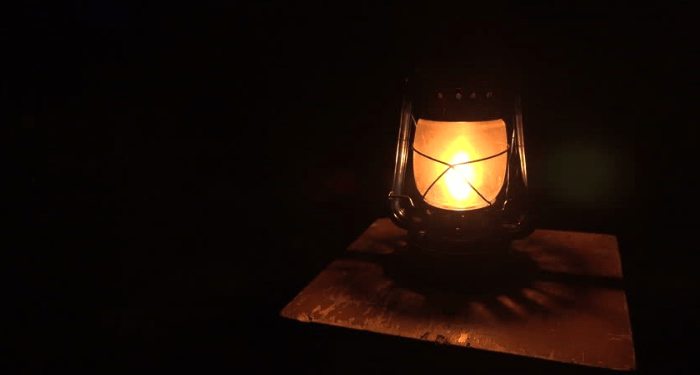The National grid has suffered yet another collapse, plunging the country into another round of darkness.
This is according to the official handle of the Nigeria National Grid’s X Handle
The grid suffered multiple collapse in the month of October, with the Federal Government promising a permanent solution to the embarrassment.
As of 2:35pm, hourly generation readings showed that none of the the Power Generation Companies had a single megawatt.
The Transmission Company of Nigeria (TCN) had yet to confirm the incident at the time of this report, leaving Nigerians in the dark as to the reason behind this round of blackout.
On Saturday, October 19, 2024, the national power grid suffered a major setback, marking the eighth grid failure in 2024, with three occurring within one week.
Two days later, the grid failed again. The Transmission Company of Nigeria (TCN) had blamed the development on a fire outbreak at the Jebba transmission station.
TCN had said the nation recorded 105 cases of grid collapse.
TCN General Manager, Public Affairs, Ndidi Mbah, said: “Clearly, between 2020 to date (five years), we recorded 14 total and six partial grid disturbances totalling 20, which represents a 76.47 per cent reduction in grid disturbance, when compared to the previous five years, (2015 to 2019) where we had 64 total and 21 partial grid disturbances, totalling 85 times.”
Adebayo Adelabu, Minister of Power, blamed outdated infrastructure for the incessant collapse of the national grid.
ALSO READ:Amid Rising Hardship, NBS Confirms Imported Rice Price Jumped By 114% In One Year
The Nigerian Electricity Regulatory Commission (NERC) had decried the escalating incidence of grid disturbances often leading to marked outage in several states thus reversing many of the gains recently achieved in reducing infrastructure deficit and improving grid stability.
Grid Collapse Inevitable, Says Adelabu
The minister of power, Adebayo Adelabu last month said the grid collapses are almost inevitable in Nigeria given the deplorable state of the country’s power infrastructure.
The minister also said there is a need to have power grids in different regions or states to put an end to incessant grid collapses. Adelabu said this on Wednesday when he unveiled Hexing Livoltek, an electricity metre manufacturing company in the Lekki area of Lagos State.
According to him, having multiple power grids in each region and state would ensure stability. He noted that the decentralisation of the power sector would help the plan to build grids in each region, saying this was made possible by the Electricity Act signed by President Bola Tinubu in 2023.
“This Electricity Act has decentralised power. It has enabled all the subnational governments, the state government and the local government, to be able to participate in the generation, transmission, and distribution of electricity,” he said.
“We all rely on a single national grid today; if there is a disturbance of the national grid, it affects all 36 states. It shouldn’t be like that. This will enable us to start moving gradually towards having regional groups and possibly having state grids.
“And each of these grids will be removed and shielded from each other. So, if there’s a problem with a particular grid, only the state where it belongs will be affected, not the entire nation. So, this is one of the impacts this Electricity Act will have.”
Touching more on the grid collapse, he emphasised that the situation would be inevitable without sufficient investment in the










